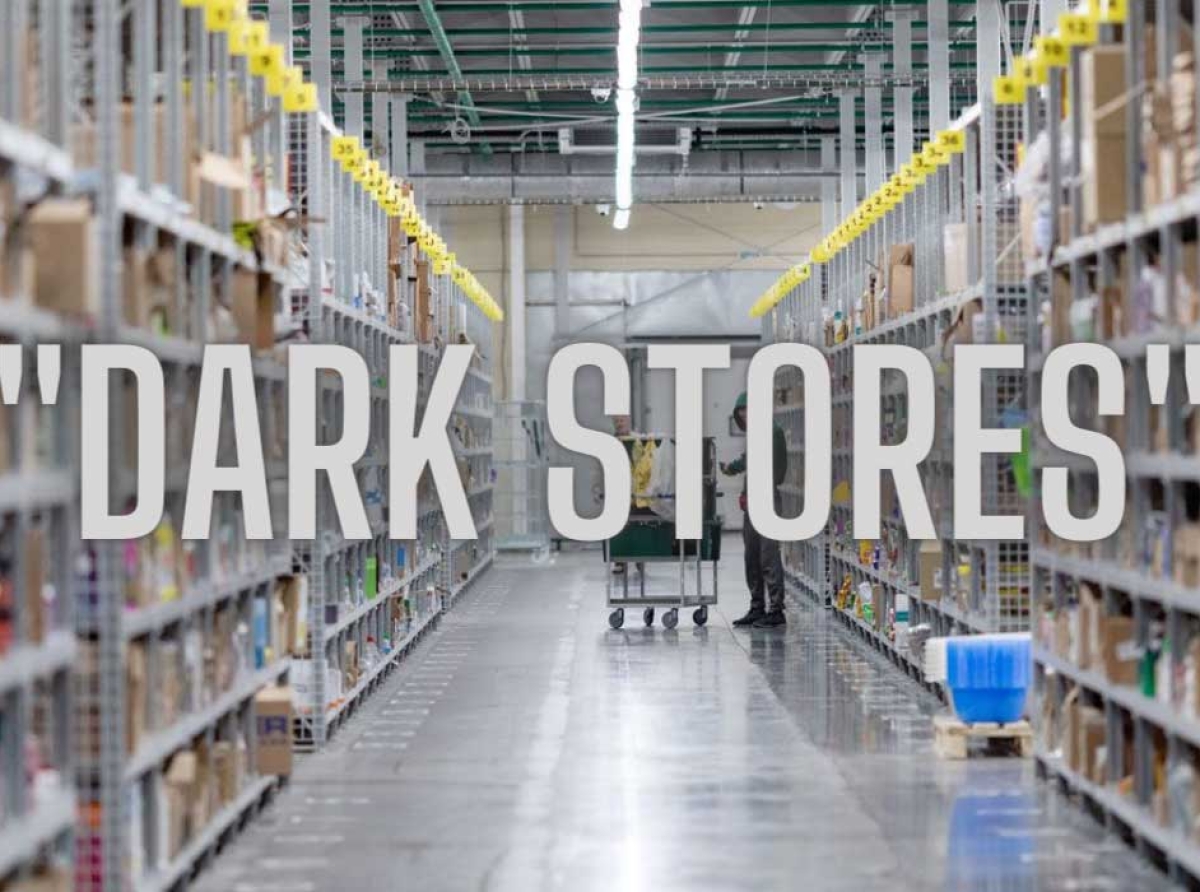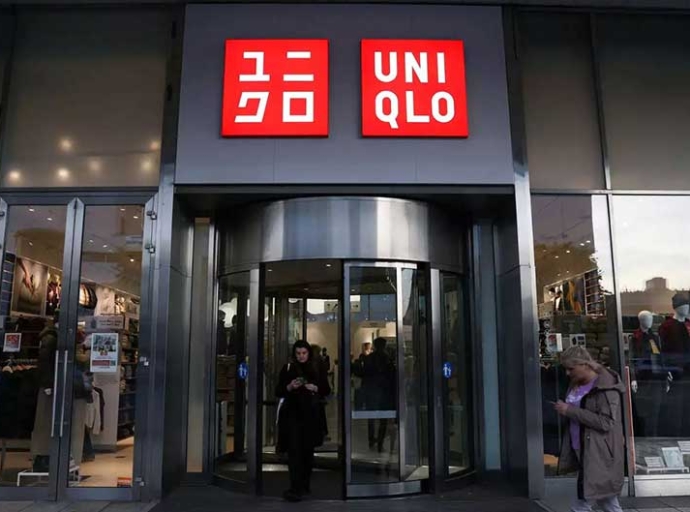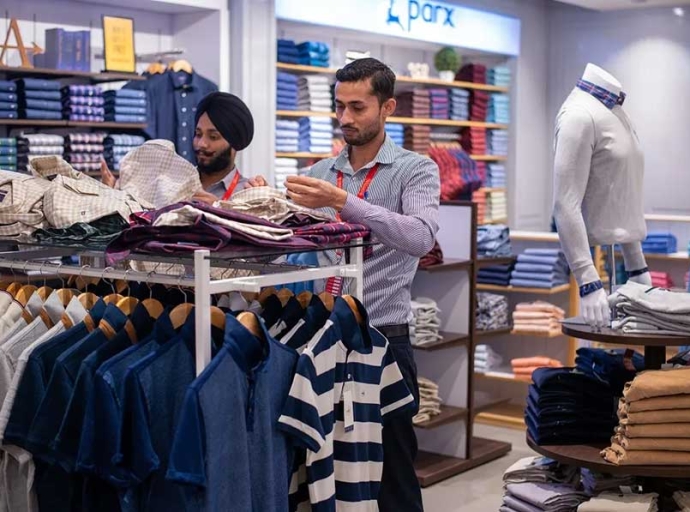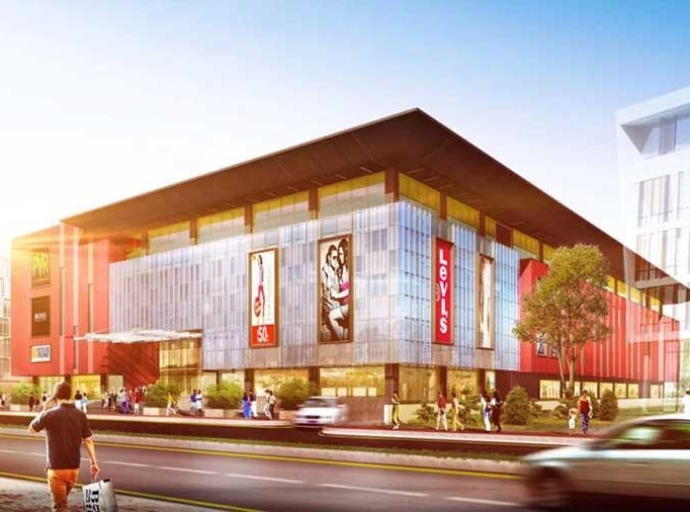The rise of dark stores in fashion & apparel, a quick commerce revolution

01 January 2025, Mumbai
The rapid growth of dark stores in India, initially triggered by the quick commerce boom in the grocery sector, is now making significant inroads into the fashion and apparel industry.
This shift is reshaping the e-commerce landscape and impacting both online and traditional retail businesses.
Dark stores and the fashion sector
Dark stores, essentially micro-fulfillment centers optimized for online order fulfillment, are proving to be a game-changer for fashion e-commerce. Here's how.
First, dark stores, strategically located closer to consumers, enable significantly faster delivery times, even same-day or within hours, a crucial factor for time-sensitive fashion shoppers. These localized distribution hubs streamline operations, with dedicated spaces for storage, picking, packing, and shipping, leading to improved inventory management and reduced delivery costs.
And by offering express delivery and a wider selection of products readily available, dark stores cater to the growing demand for instant gratification in online fashion shopping.
Dark stories have a significant impact on e-commerce businesses as they give a competitive advantage. Early adopters of dark stores in the fashion sector gain an edge by offering unparalleled speed and convenience.
Moreover, faster delivery and improved fulfillment processes can lead to higher conversion rates and increased customer satisfaction, driving sales growth.
Dark stores enable e-commerce players to efficiently penetrate and serve new geographic areas, particularly in densely populated cities.
At the same time, the rise of dark stores presents both challenges and opportunities for small fashion retailers.
In fact, competition from e-commerce giants with extensive dark store networks can put pressure on smaller businesses to adapt or risk losing market share. However, small retailers can leverage dark stores to enhance their online presence, offer faster delivery options, and compete more effectively in the digital marketplace.
While there are no specific studies on the fashion and apparel sector's share in dark stores, the overall growth of quick commerce provides some insights.
The Indian quick commerce market is expected to reach $5.5 billion by 2025, reveals RedSeer Consulting. And quick commerce companies in India attracted over $5 billion in funding in 2021, highlighting the sector's rapid growth.
In the fashion segment, Myntra, the leading fashion e-commerce platform, has been experimenting with dark stores to facilitate faster deliveries in select cities. This initiative has reportedly resulted in significant improvements in delivery times and customer satisfaction.
Can small apparel stores become dark stores for brands
This question has significant implications for the future of apparel retail. The answer is a qualified yes, but with certain caveats.
First small apparel stores can collaborate with brands or online platforms to function as localized fulfillment centers. They can stock inventory for these partners and fulfill online orders for their designated area.
These stores can continue to operate as traditional retail spaces while also serving as dark stores.
This allows them to cater to both walk-in customers and online orders. However, small stores would need to integrate their inventory management systems with the brand's or platform's online ordering system to ensure seamless order processing and fulfillment.
Indeed, there are many potential benefits for small apparel stores if they become dark stores for big brands. By fulfilling online orders, stores can tap into a larger customer base and generate additional revenue. Participating in a dark store model can help them optimize inventory management and reduce holding costs.
Collaborating with established brands can increase the store's visibility and attract new customers.
However, while becoming dark stores, small stores have to deal with space constraints, as many small stores have limited space, which may require creative solutions for accommodating online order fulfillment operations.
They also need to integrate with online platforms and implement necessary technology that can involve upfront costs. Adapting to the demands of online order fulfillment may require changes in staffing and store layout.
Impact on apparel retail business
Indeed, this is a two-way street for both small stores and big brands and retailers. For bigger players it could result in enhanced customer experience.
Faster delivery options and increased product availability can significantly improve customer satisfaction. The integration of small stores into the supply chain can intensify competition in the apparel retail market. And this model promotes a seamless omnichannel experience for customers, blurring the lines between online and offline shopping.
Thus the concept of small apparel stores becoming dark stores has the potential to reshape the apparel retail landscape. It offers a compelling opportunity for small businesses to adapt and thrive in the increasingly digital world of retail.
By partnering with brands and embracing technology, small apparel stores can become vital nodes in the supply chain, contributing to a more efficient and customer-centric retail experience.
Latest Publications

































